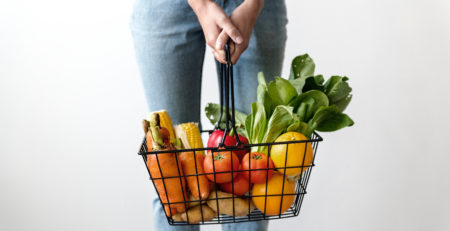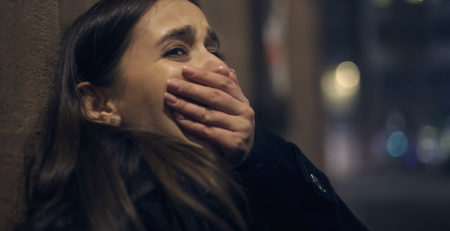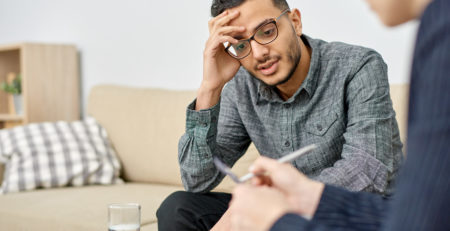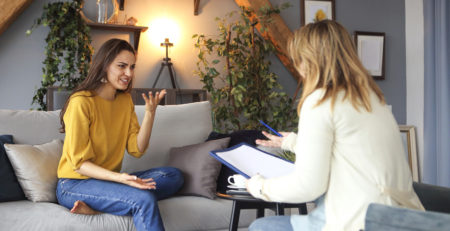Pandemic Parenting: How to Manage Your Anxiety for Your Kids
It’s been almost a full year since COVID-19 began sweeping the globe, causing many of us to take unprecedented safety measures to curb viral spread in our communities. Widespread school closures required parents to take on teaching and coaching roles, on top of their other daily duties. For parents, the pandemic has introduced unique challenges and disrupted routines, which can cause anxiety. How can you keep yourself and your child mentally healthy during COVID-19?
Be Honest and Open
Your children may be worried or frightened by things they hear on the news. During a crisis of this magnitude, it’s always best to frame information in a way that helps you and your child understand and process what’s happening together. One place to start is by asking them what they’ve heard and whether they have any questions about it. Answer their questions as honestly as you can, without getting into any alarming details. For example, it’s OK to say people are getting sick, but be sure to reassure kids that your family is taking steps to stay safe and healthy, like frequent hand-washing, wearing masks and avoiding unnecessary trips outside your home.
Limit Household News Consumption
It’s understandable to want to stay informed – especially if you’re trying to keep up with new health guidelines, or figure out when you and your family might be eligible to get vaccinated – but if you stay glued to the news cycle, your child will inevitably hear or see something upsetting. Try to strike a healthy balance with the day’s headlines. If you want to watch the news on TV, only do so after your child goes to bed.
Allow Children Time to Work Through Their Feelings
Though your child’s brain will continue to develop and mature until approximately age 25, that doesn’t mean children aren’t capable of grasping ideas or experiencing complex emotions. However, they might not understand how to express these healthily, which could cause them to act out. Instead of getting angry or disciplining them for misbehaving, sit down with them and calmly help them work through the issue. For example, you might say, “I know you’re upset because you can’t visit with your friends in person. Do you have any ideas for what you could do instead?”
Model Healthy Coping Skills
Children are always learning by watching what others do and how they behave. If your child picks up on anxiety emanating from you, it will make them worried. Similarly, if they see you using unhealthy coping mechanisms like self-medicating with alcohol and drugs or overreacting to minor problems, they will take away the idea that’s how adults deal with their issues. Instead, talk with kids about how you’re managing your feelings. You might say something like, “I’m worried about Grandma and Grandpa, since we can’t go visit them. Will you help me remember to call them tomorrow morning?”
Look Forward to the Future
With pandemic restrictions limiting our lives’ scope, kids and adults alike can start feeling trapped and claustrophobic. When this happens, it can be challenging to have optimism about what lies ahead. Psychologists suggest daydreaming about a post-pandemic future can help restore a sense of hope amid uncertainty and chaos. For example, you might ask your kids about the first place they want to go out to eat or travel for a vacation when it’s safe to do so. Tell them things will get better soon, and that people are working hard to figure out how to get everyone vaccinated as quickly as possible.
Protecting Your Mental Well-Being During a Pandemic
Living through a crisis of this magnitude will likely have long-lasting psychological effects such as trauma, anxiety and depression. If you are struggling with your mental health, Serene Behavioral Health is here to help. Our professionals can customize a plan to meet your needs. Contact us today to learn more.
















